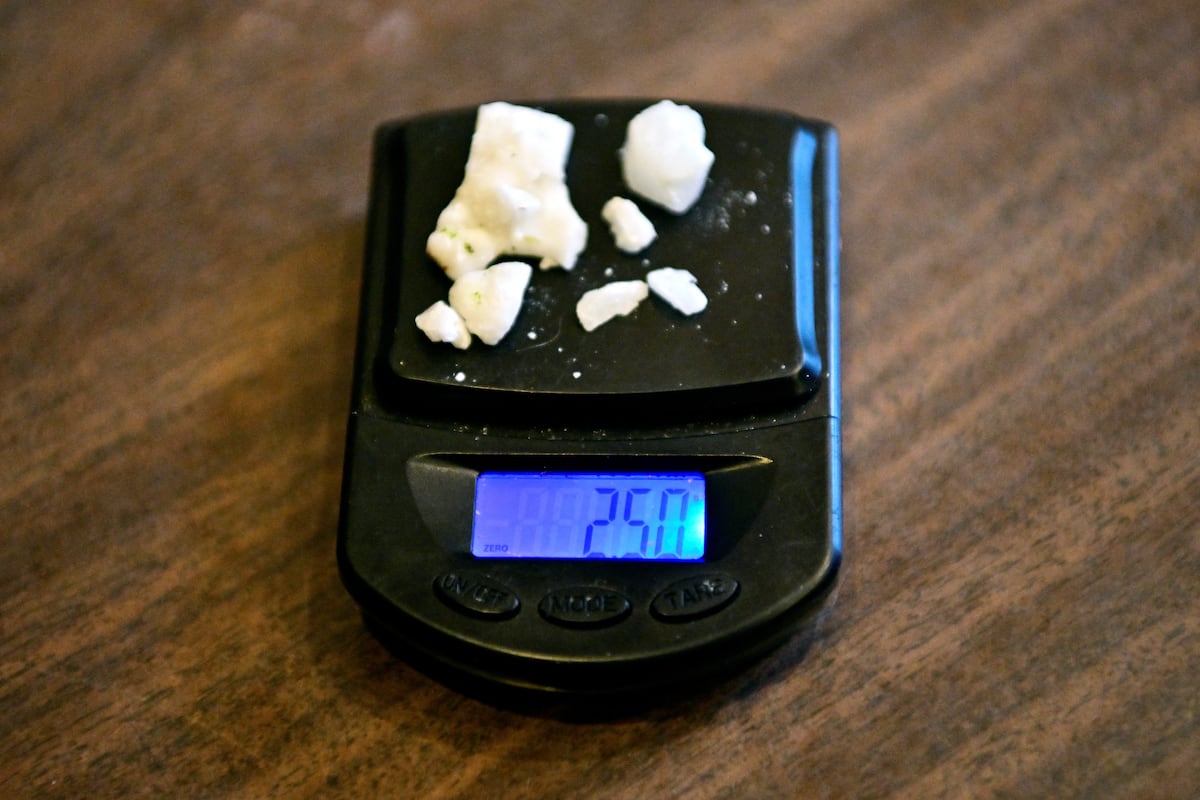Canada takes an important step in the area of illicit substances.
An exemption to federal law to allow possession for personal use of small amounts of certain hard drugs in British Columbia went into effect Tuesday.
The measure, approved by the Ministry of Health of Canada and requested by the Government of that province, aims to favor an approach based on public health and the reduction of stigmas over one of a punitive nature.
“Instead of treating these people like criminals, they will be given care and compassion.
They will have access to information," said Jennifer Whiteside, British Columbia's Minister of Mental Health and Dependencies, at a press conference on Monday.
Countries like Portugal and Estonia had already opted for the same provision.
In the Canadian case, it is no coincidence that the implementation of this pilot project, which will last three years, takes place in the province located on the Pacific coast.
British Columbia is considered the epicenter of the overdose death crisis that is hitting the North American country.
Since April 2016, when the province declared a state of health emergency due to this scourge, more than 11,000 people have lost their lives, mainly due to opioids.
Drug toxicity is the leading cause of unnatural death in British Columbia
According to the provision, individuals at least 18 years of age may possess for personal use a maximum of 2.5 grams of cocaine, methamphetamine, MDMA, and certain opiates (such as heroin, fentanyl, and morphine).
The police will not be able to confiscate such substances and consumers will be safe from fines, arrests or charges.
In return, consumers will receive information on a range of services available to them.
Dave Hamm, who works with the Vancouver Area Drug Users Network, weighs a stone of cocaine.JENNIFER GAUTHIER (REUTERS)
More than two thirds of police officers in the province have already received training on this approach.
Fiona Wilson, vice president of the British Columbia Police Chiefs Association, said decriminalization is an important element in moving people who use drugs out of the judicial sphere and into care services.
Personnel have also been hired to serve as liaisons between the security forces and the health system, and the number of centers to provide support has increased.
In its most recent budget, British Columbia has earmarked $430 million Canadian (about $320 million US) to fight the overdose crisis over the next three years.
Likewise, there will be an information campaign aimed at the general population on decriminalization.
“Through this exemption, we will be able to reduce the stigma, fear and shame felt by people who use drugs and help more people access support and treatment that can save lives,” said the federal minister for Mental Health and Dependencies. , Carolyn Bennett.
However, Bennett stressed that activities related to these substances, including production, trafficking, import and export, will remain illegal.
The Government of Justin Trudeau legalized recreational cannabis in October 2018 (the second country to make a regulatory change of this caliber after Uruguay);
that for medicinal use has been authorized since 2001. The Canadian Prime Minister had indicated at different times that the decriminalization of some hard drugs was not contemplated.
However, the increasing number of deaths and the arguments presented by British Columbia made Ottawa change its mind, announcing the exemption last June that took effect this Tuesday.
A condition imposed by the federal authorities was to allow possession of 2.5 grams instead of the 4.5 initially requested.
The City of Toronto has filed a petition seeking a similar authorization.
A survey conducted in Canada by the Research Co.
Last October, it found that 40% of those consulted supported the idea of decriminalizing all drugs for personal use.
A year earlier, opinion was 33%.
Follow all the international information on
and
, or in
our weekly newsletter
.

